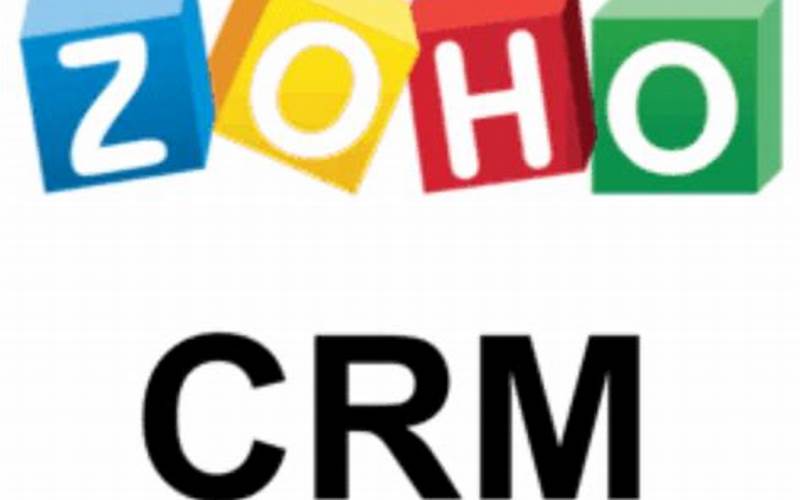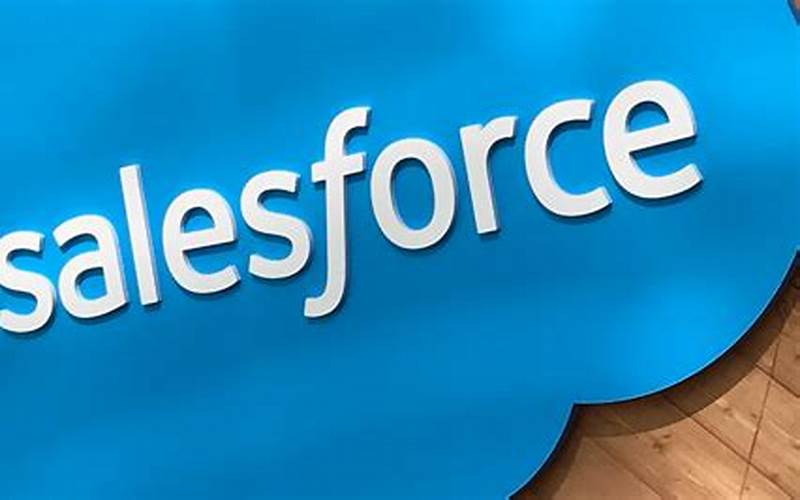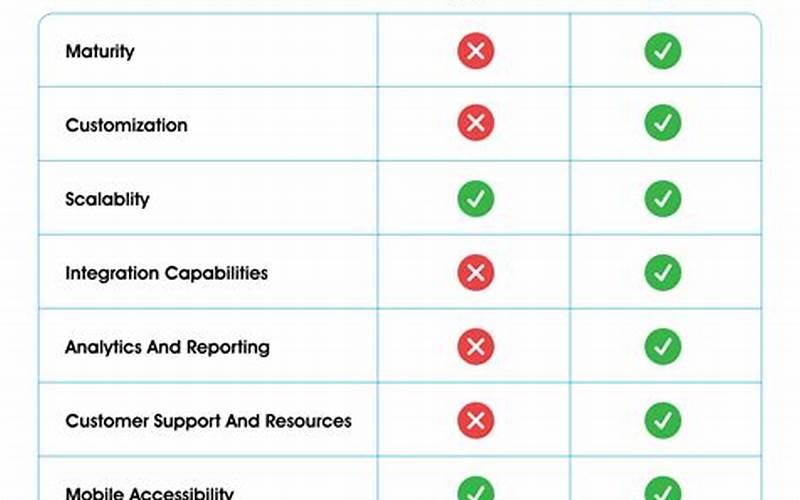 Source: bing.com
Source: bing.com
Introduction
 Source: bing.com
Source: bing.comIn today’s digital era, Customer Relationship Management (CRM) software is an essential tool for businesses of all sizes. It helps businesses manage their sales, marketing and customer service activities efficiently. However, with so many CRM software options available, it can be overwhelming to choose the right one. Two of the most popular CRM software available in the market are Zoho CRM and Salesforce.
Zoho CRM
 Source: bing.com
Source: bing.comZoho CRM is a cloud-based CRM software designed to help businesses of all sizes manage their sales and customer service activities. Its features include lead management, sales forecasting, pipeline management, email marketing, and customer support. Zoho CRM offers a free version and paid plans starting at $12 per user per month. One of the advantages of Zoho CRM is its ease of use. Its user interface is intuitive and straightforward, making it easy for users to navigate through the software. Zoho CRM also offers a mobile app that allows users to manage their sales activities on the go. Another advantage is its affordability. Zoho CRM offers competitive pricing plans compared to other CRM software in the market. Its free version is ideal for small businesses with limited budgets. However, Zoho CRM has some limitations. Its reporting and analytics capabilities are not as robust as its competitors, making it difficult for businesses to analyze their sales data effectively.
Salesforce
 Source: bing.com
Source: bing.comSalesforce is a cloud-based CRM software designed for businesses of all sizes. Its features include lead management, sales forecasting, pipeline management, email marketing, and customer support. Salesforce offers a free trial and paid plans starting at $25 per user per month. One of the advantages of Salesforce is its scalability. It can handle large amounts of data and can be customized to fit the needs of any business. Salesforce also offers a vast selection of third-party integrations, allowing businesses to connect their CRM with other tools they use. Another advantage is its reporting and analytics capabilities. Salesforce provides detailed reports and dashboards that help businesses analyze their sales data effectively. However, Salesforce has some limitations. Its pricing plans are relatively expensive compared to its competitors, making it less accessible for small businesses. Salesforce also has a steeper learning curve compared to Zoho CRM, making it challenging for new users to navigate through the software.
Zoho CRM vs Salesforce: Comparison
 Source: bing.com
Source: bing.comWhen it comes to choosing between Zoho CRM and Salesforce, it ultimately depends on the needs and budget of your business. If you are a small business with limited budgets, Zoho CRM is an excellent choice. Its affordable pricing plans and ease of use make it an ideal CRM software for small businesses. However, if you are a larger business with complex sales processes and require robust reporting and analytics capabilities, Salesforce is the better option. In terms of features, both Zoho CRM and Salesforce offer similar functionalities. However, Salesforce has a more extensive selection of third-party integrations and offers more advanced reporting and analytics capabilities.
Conclusion
 Source: bing.com
Source: bing.comChoosing the right CRM software for your business is crucial. Zoho CRM and Salesforce are both excellent options, but each has its advantages and disadvantages. When deciding which one to choose, consider the needs and budget of your business. If you are a small business with limited budgets, Zoho CRM is a great choice. However, if you require more advanced reporting and analytics capabilities, Salesforce is the better option.